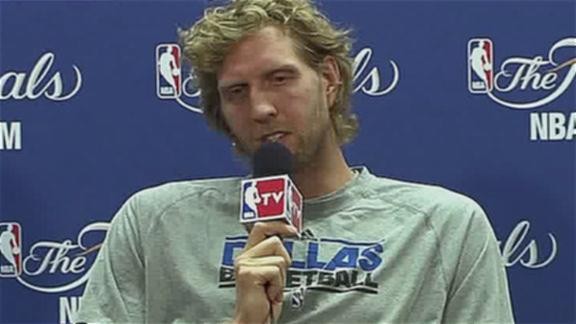There are those who wonder what all the fuss is about with spectator sports. Why do we put so much time, energy, and money into the cheering of athletes, professional or otherwise (sometimes, a combination of the two). In Seinfeldian terms, the cynics say we are “cheering for laundry,” rooting for strangers who do not know us (the fans) and, worse, don’t care all that much about whether or not their performance pleases us. Remember basketball Hall of Famer Charles Barkley’s most famous line: “I am not a role model.”
I’ve long explained my personal attraction to sports with two fundamental “legs” on which my fandom runs. First, I enjoy seeing human beings do what the vast majority of us simply cannot. Taken further, I like seeing people do things we try to do — hit a baseball or golf ball, shoot a basketball, run a marathon — but will never do as well as the most talented among us. The second joy I take from sports is the shared experience they provide, games or achievements that become talking points for other fans who witnessed the same thing . . . but with their own unique perspectives.
On a recent trip to my hometown of Northfield, Vermont, I experienced three events in two days that were shining examples of the communal element we sports fans crave. These were big events that turned out even bigger once the athletes on stage had completed their performances. But what happened on a television screen in front of me was merely the beginning.
On Sunday morning, June 5th, I watched the French Open championship between Rafael Nadal and Roger Federer with my mom, in the house where I spent my high school days, where Mom has called home now for 28 years. My mom cannot keep score of a tennis match, but she can recognize the two finest players of this generation — the greatest rivals their sport has ever seen — play a match the way an artist might draw it up. Federer (he of a record 16 Grand Slam titles) seemed to take command in the first set, only to have one would-be-winner after another returned by Nadal, a man who has become to clay courts what Fred Astaire was to a sound stage. I explained to Mom that, regardless of who won this battle, 24 of the last 28 Grand Slam events will have been taken by Federer or Nadal, a stretch of dominance we’re unlikely to see again. By the time the Spaniard had earned his sixth French championship, my mother and I had a tennis memory to cover any future conversation on the sport’s “best ever.”

That same Sunday, near sunset, I joined a buddy at a pub for Game 3 of the NBA Finals. I met Brian at Vermont’s Boys State, 25 years ago this month. Like me, he was a high school basketball player, and he’s among the few people on the planet who appreciates my longtime devotion to the Dallas Mavericks. In other words, once the ball was tipped, he could speak the language. Above an oversized hologram celebrating the Boston Celtics’ 17 NBA titles, a big screen displayed the dramatics of Dwyane Wade, LeBron James, and Dirk Nowitzki in what was becoming one of the most tightly fought Finals in history. When Dirk’s last-second shot attempt to tie the game bounced astray, there was little griping or whining. Brian understood my take, which means I had a partner to empathize should the “what if” deliberations come into play. (They didn’t come into play. Brian was the first to text me Sunday night when the Mavericks won the championship.)
The next day, for Game 3 of the Stanley Cup final, I met a pair of high school classmates — each of them hockey players — to pull for the Boston Bruins in another local watering hole. For five winters, Jason and Tim gave me grief for being merely a basketball player. Real athletes wear sleeves, I’d hear. (And particularly with my arms.) A quarter-century later, a hockey game served as the magnet for us to tap beer bottles and debate the merits of our children as they surpass any expectations we might have had before fatherhood. The game will be remembered for the devastating hit that sent the Bruins’ Nathan Horton off the ice via stretcher, and for the eight goals Boston scored over the last two periods against one of the NHL’s finest goalies, Roberto Luongo. But when I remember this game, I’ll remember the familiar smiles of my old friends (and trying to convince them that my arms have gotten bigger).
So all you sports cynics take note. It’s not necessarily the teams we cheer, or the result of the game we’re watching. No, it’s about context. Those you see watching the game next to us … they’re the reason.